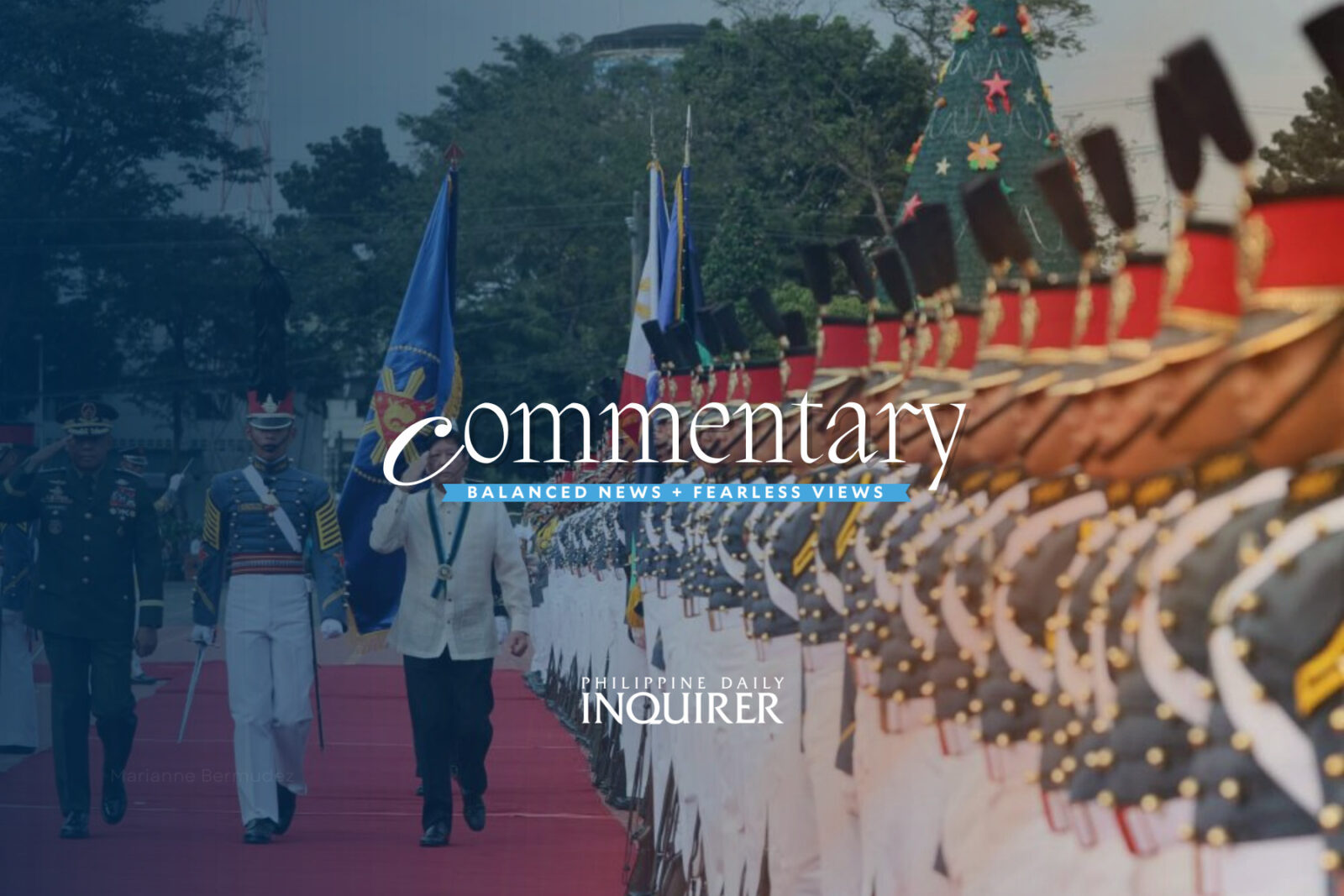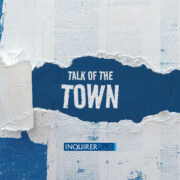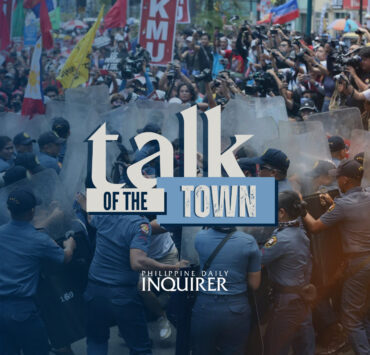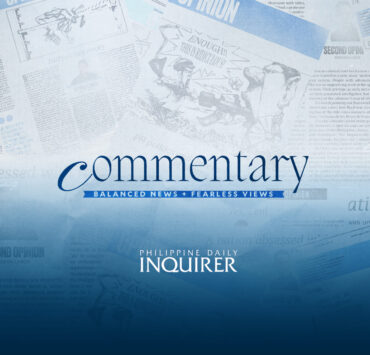The normalization of political vulgarity

Close your eyes and picture a young child growing up in a society where lying is glorified, cruelty rewarded, and power measured by how loudly one can insult, curse, and threaten others. Consider the profound impact on their upbringing, where they absorb lessons by witnessing the behavior of those around them. The troubling lessons they’d learn is that integrity is a sign of weakness, truth is a mere option, and leadership is defined not by service, but by domination.
This is not a hypothetical scenario, but a call to action to reflect on the values we uphold, and how we can change this disturbing narrative before it becomes an inescapable reality.
If we keep applauding, laughing at, and rationalizing the actions of politicians who use curse words and misogynistic language, degrade women, insult the poor, mock the weak, and lie openly to trivialize brutality and murder as mere “jokes,” we will be headed down a troubling path.
This trend signifies a dangerous shift in our sociopolitical culture. It reflects a landscape where moral decay is disguised as strength, vulgarity is misconstrued as authenticity, deception is justified as a strategic approach, and intimidation and cruelty are legitimized as forms of leadership. Such leaders are not demonstrating cleverness, but are probing the limits of what they can get away with. They are also conditioning society to normalize brutality.
Beyond politics, such conditioning could lead us to accept that which is unacceptable. By fostering an “us versus them” mentality, these wily politicians are leading many to perceive anyone with opposing views as an adversary.
The more individuals are exposed to lies and cruelty, the more their minds begin to accept such behavior as “just the way things are.” This desensitization can lead to a diminished response to aggression, violence, corruption, and dishonesty. Furthermore, people may cease questioning unethical behavior, adopting the mentality that “everyone is doing it.” This contributes to mistrust, division, and tribalism, where wrongdoing is justified based on political allegiance rather than adherence to principled standards.
If we continue on this path of inaction and silence, we are effectively digging a grave for our nation, with devastating repercussions for present and future generations. Politically, we risk the erosion of ethical leadership and democracy, which can give rise to a culture characterized by lies, fear, and impunity. This deterioration weakens our diplomatic standing and undermines international trust.
Economically, we will see an increase in corruption, a decline in investor confidence, and a deepening of poverty. Environmentally, our natural resources will be exploited without accountability.
The most tragic outcome of this trajectory is that our vulnerable children will inherit a fractured society, conditioned to believe that such behavior is normal, thereby weakening their moral and ethical foundations.
We stand at a pivotal crossroads. Do we continue down this troubling path of moral decline, or do we rise to reclaim the values that truly define us as Filipinos? This challenge transcends the struggle of an individual or a single sector; saving our country is a sacred duty shared by every Filipino. Let us unite in a whole-of-nation approach to boldly reject the normalization of deception, corruption, and brutality that threaten our existence. Let us forge a brighter future together.
Education must take a central role in this transformation. Schools should enhance values education, critical thinking, media literacy, and historical accuracy to combat disinformation effectively. Integrating lessons on ethical leadership, civic responsibility, and respectful discourse into the curriculum is essential.
Parents need to instill in their children the importance of respect, integrity, and the power of their voices. The Church and moral leaders must break their silence and take a firm stand against deception, violence, and the normalization of vulgarity and amorality in leadership. The business sector should withdraw its support from corrupt, dynastic, and abusive politicians, and back leaders who prioritize justice, economic growth, and transparency. Government officials, policymakers, and law enforcers must enforce accountability, ensuring that politicians are held responsible for lies, hate speech, and human rights violations. Civil society, content creators, and the media must collaborate to expose lies and challenge misinformation. Simultaneously, grassroots organizations should empower communities to recognize and reject deception while demanding ethical leadership.
Most importantly, as citizens, we must take decisive action now. Let’s raise our voices, educate those around us, and boldly reject toxic leadership. We must champion leaders who embody truth, respect, and a genuine commitment to serving the public. Every moment counts; with each word we speak, every post we share, and every vote we cast, we actively shape the destiny of our beloved nation. Together, let’s inspire change and create a brighter future for all.

















